R2E Excerpt #54: Three Cheers for Sapphic Overtones!
Come to think of it, that would be a great name for a girl group. WRITTEN & ILLUSTRATED by PETER MOORE
As longtime readers of this ‘stack know, I often interrupt my flow of gibes and satire with excerpts from my graphic-memoir-in-progress: A Portrait of the Artist as a Young Nincompoop. The first excerpt is here. The most recent one is here. And now we dive in with the further adventures of young Peter, who left language school in Paris for no apparent reason, and continued his revels and wanderings in England. As the action resumes, I leave the southern English hamlet of Amberley in search of love, and literary analysis. True to form, I was more successful at the latter.
I’VE MENTIONED MY SALAD-BAR CRUSH AURORA, she of the pert nose and the pink oxford-cloth shirt that I’d often imagined unbuttoning. I was smitten, but as usual at this time in my life, my “love” had little to do with anything I might have had in common with her. We didn’t share much personal history, any ready conversation topics, or matching senses of humor, but she looked fetching, so I was convinced. And, she agreed to my visit to her at the site of her own JYA adventure.
It must have meant something!
On day one Aurora tucked me in amongst her friend group: two guys named Hugh, two women named Jane, an Ann, an Anya, and a Karen. If you’d written six million words of journal entries, you too would have access to this kind of vital information.
I’m not sure where I slept that night in Cardiff; certainly not in the arms of my would-be-beloved. But the next day we awoke early for a pilgrimage to Tintern Abbey, where William Wordsworth was moved to write my favorite poem in the English language. (Still TBD: My favorite Turkish, Estonian, and Portugese poems.) English majors short-cut it as “Tintern Abbey,” but the poem’s full title is actually: “Lines Composed a Few Miles above Tintern Abbey, On Revisiting the Banks of the Wye during a Tour. July 13, 1798.”
There’s some unpacking to do, there. For one thing, it was a re-visit for Wordsworth, recreating an early ‘90s ramble he had made with a Cambridge U. classmate. The second time around, he was with his sister Dorothy, whom he crushed on in the latter portions of the poem. I don’t have a sister, but if I did, I’d think twice before rhapsodizing in public over the shooting lights of her flashing eyes. It probably made things uncomfortable at the Wordsworth dinner table; the eye-flasher lived with the poet and his wife!
And what do you make of Dorothy, at her brother’s insistence, sleeping with Mary Hutchinson’s wedding ring on her finger, the night before Mary Hutchinson became Mrs. Wordsworth, and Dorothy’s sister-in-law? Did the future Mrs. W detect that flash in Dorothy’s eyes, as well?
Literary critics enjoy flicking the shuttlecock of Dorothy’s sexuality back and forth, in light of her raves, in her private journal, about William Coleridge’s poem “Christabel,” which Coleridge wrote while in the throes of an infatuation with Dorothy. They’re every bit as complicated as the libidinous Bloomsbury set! The poem details a liaison between Cristabel and Geraldine, who finds the former moaning under a tree in the forest. Geraldine invites her home, where they tip-toe past her father’s bedchamber and into hers.
There, Geraldine bids Christabel to slip into something more comfortable, i.e. nothing at all.
But now unrobe yourself; for I
Must pray, ere yet in bed I lie.'
Filthy-minded editor’s note: Praying on her knees! It continues:
Quoth Christabel, So let it be!
And as the lady bade, did she.
Her gentle limbs did she undress,
And lay down in her loveliness.
Geraldine is soon just as naked.
Beneath the lamp the lady bowed,
And slowly rolled her eyes around;
Then drawing in her breath aloud,
Like one that shuddered, she unbound
The cincture from beneath her breast:
Her silken robe, and inner vest,
Dropt to her feet, and full in view,
Behold! her bosom and half her side—
A sight to dream of, not to tell!
Hello, sapphic undertones! Overtones! Fleshtones!
Or, as Coleridge wrote in the poem’s introduction:“The owls have awakened the crowing cock; Tu—whit! Tu—whoo!”
Poets are nearly as horny as politicians. And they certainly write better about it.
Help Will out! leave a rhyme for “concupicent”!
None of which proves that Dorothy was hot for Mary, nor William for his sister, nor that Coleridge enjoyed the thought of Dorothy-as-raging-lesbian as much as I do. But I’m not alone in lubricious suspicions. A government spy once infiltrated the Wordsworth circle, seeking to uncover a purported revolutionary plot and and other provocations. There were misunderstandings both of Wordsworth’s non-local accent, which was mistaken for French, and his penchant for midnight rambles, which placed him under suspicion of smuggling and bootlegging. Breathtaking accusations for a man whose heart with pleasure fills, and dances with the daffodils!
More reason for doubt: He was cabal-ing with John Thelwell, an atheist rabble rouser who is said to have once used a knife to lop off the froth on a flagon of beer, indicating that he’d like to do the same to foamy-headed royals. Thelwell showed up at the new Wordsworth home of Alfoxden only days after they had rented the place, and the “village wiseacres,” as they were described in documents of the day, wagged their tongues.
The slander-mongerer-in-chief was a hayseed conspiracy theorist named Charles Mogg, who worried that the French Revolution might leap the English Channel and force croissants and guillotines on the locals. Mogg started collecting gossip about the Wordsworths and their pals, who were in fact a bunch of weirdos, compared with local norms.
Mogg’s calumny was repeated and exaggerated around town, and before long word reached the Home Office. The intelligence service sent an upper-level investigator, who instantly dismissed Mogg as “by no means the most intelligent Man in the World.”
Just like half-wit conspiracy theorists today!
Among the accusations levelled by yet another neighbor, who provided testimony to British spymasters: “The man of the House has no wife with him, but only a woman who passes for his sister.”
Shock ital added! Flashing eyes detected!
The incriminations continued: “The man has Camp Stools, which he & his visitors carry with them when they go about the country upon their nocturnal or diurnal expeditions.”
Camp stools! Nocturnal expeditions! More shock itals!
The Wordsworths were eventually cleared of camp-stool possession and diurnality, but they had to flee to the north when their Alfoxden landlord pulled the lease out from under them. So they were in a paranoid mood as they revisited Tintern Abbey on their way back home to the Lake District. At least there, the locals were more accustomed to a flagrant display of a woman passing as Wordsworth’s sister.
Picture them bruised, abused, and accused, as they stopped on a hillside to admire the sylvan scene and collapsing church. And gather material for the best poem ever written.
Next up: The best poem ever written, plus my failure to kiss the girl.
“When we were in the woods beyond Gowbarrow Park we saw a few daffodils close to the waterside. But as we went along there were more and yet more and at last under the boughs of the trees, we saw that there was a long belt of them along the shore, about the breadth of a county turnpike toad. I never saw daffodils so beautiful. They grew about the mossy stones about and about them, some rested their heads upon these stones as on a pillow for weariness and the rest tossed and reeled and danced and seemed as if they verily laughed with the wind that blew upon them over the lake.” —Dorothy Wordsworth
Welcome to the Road2Elsewhere. Remember to stop and smell the flowers. And hit the “like” button or write a note, so the Substack bot knows you were visiting my garden of prose. Just don’t eat the daffodils. They’re poisonous.

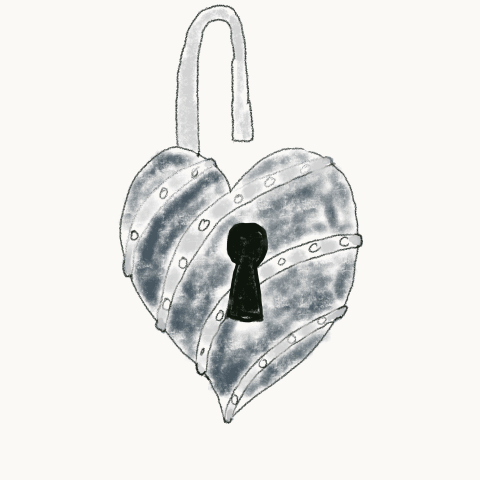
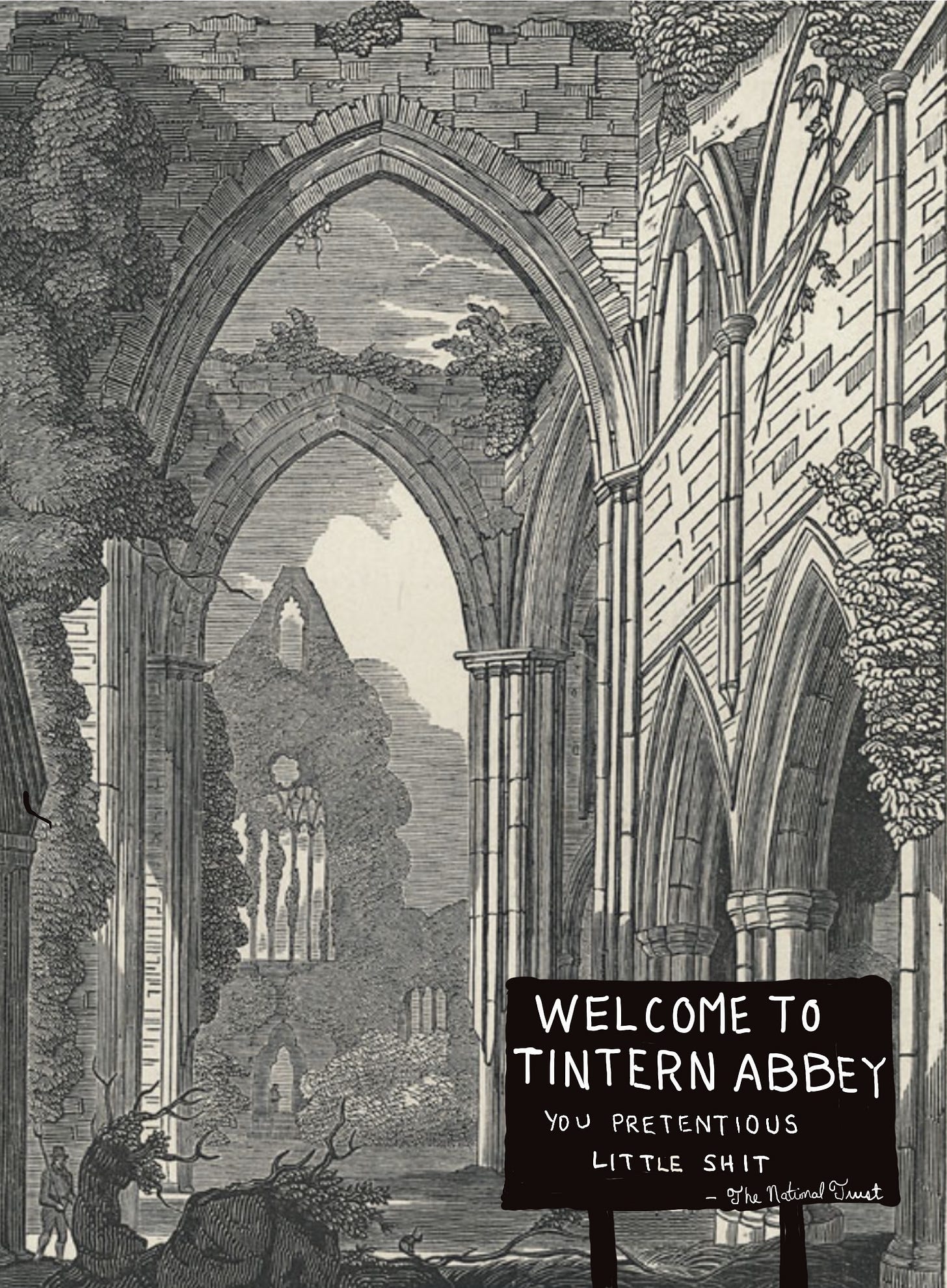
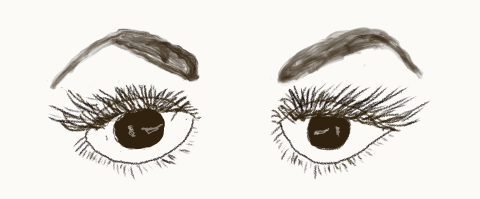
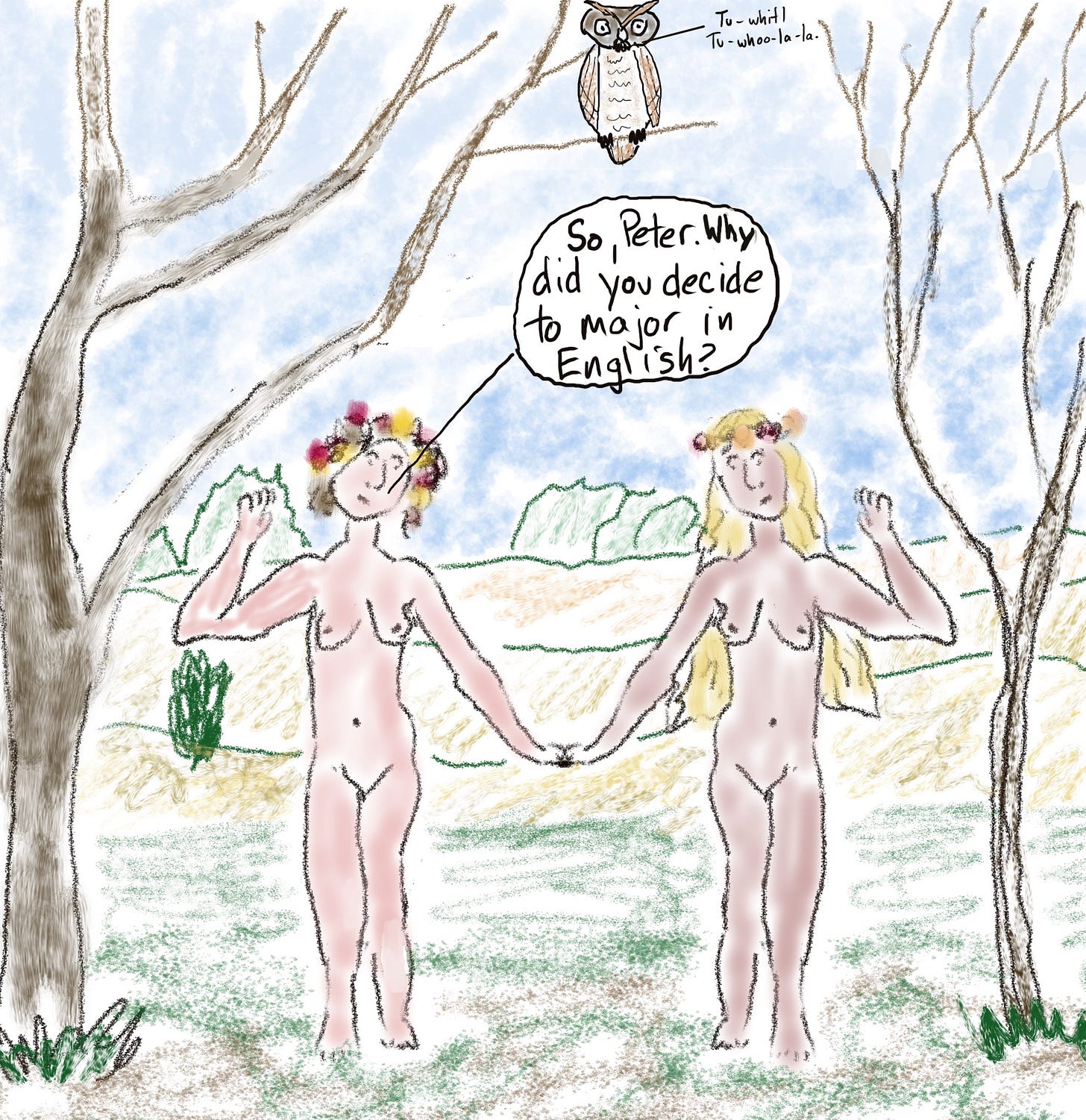
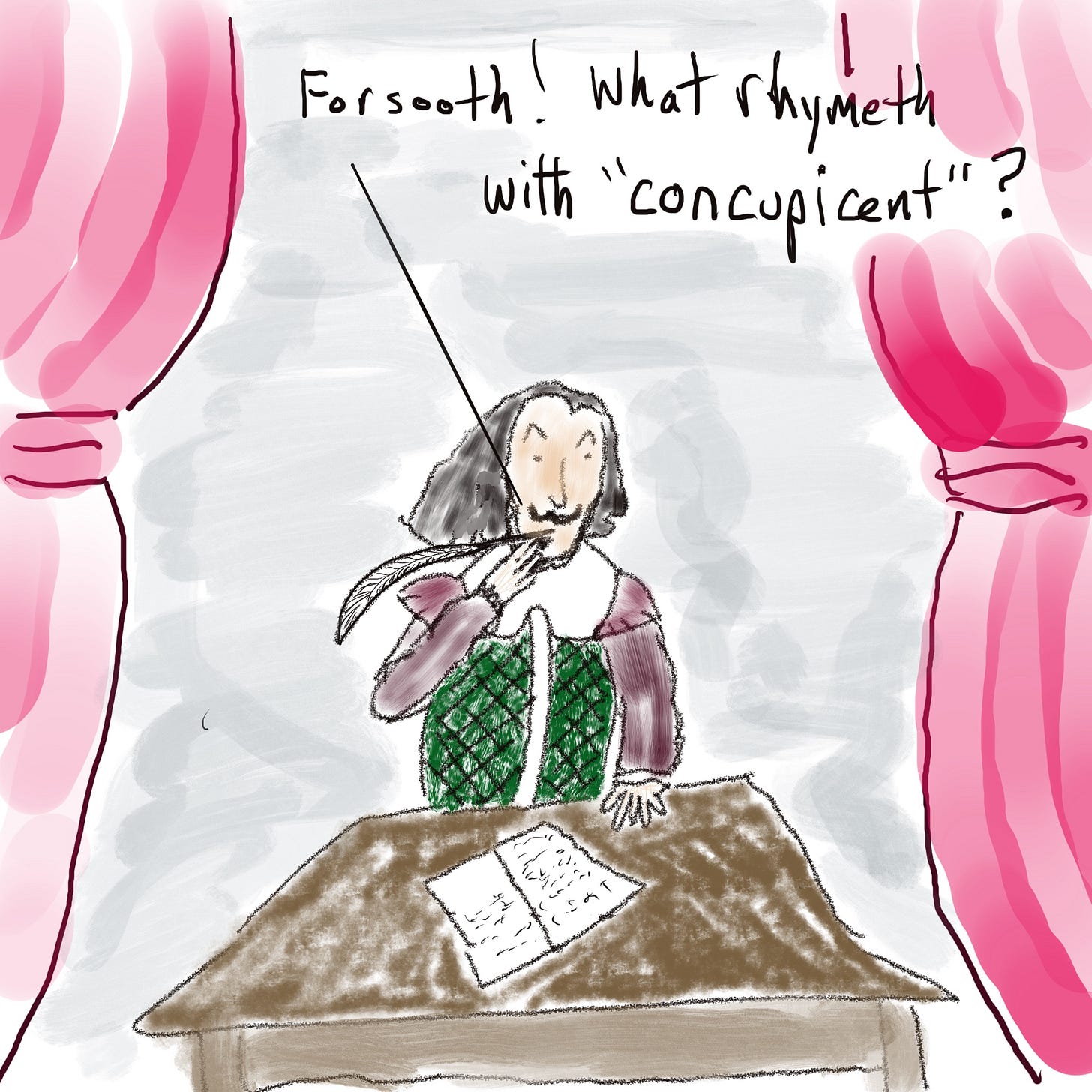
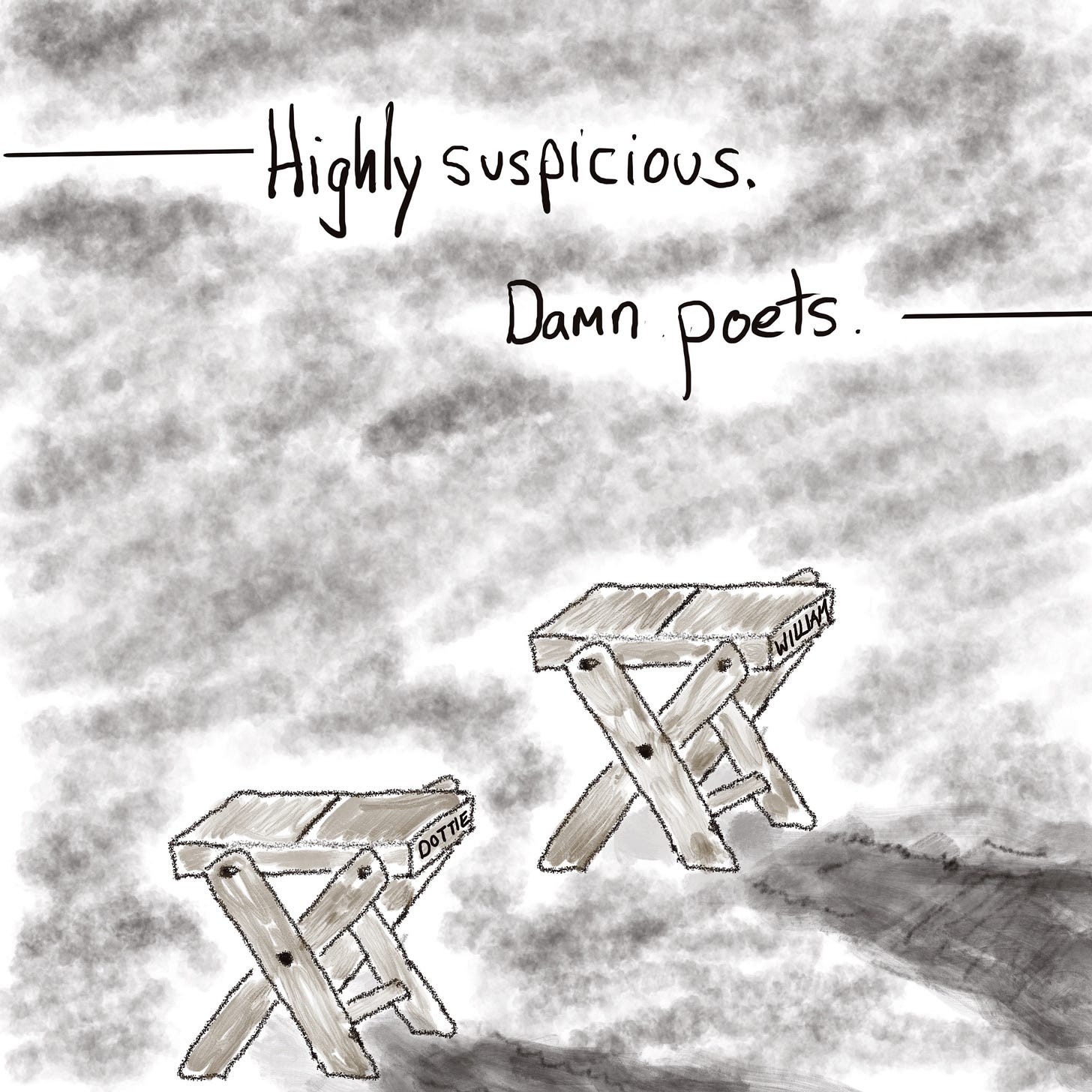
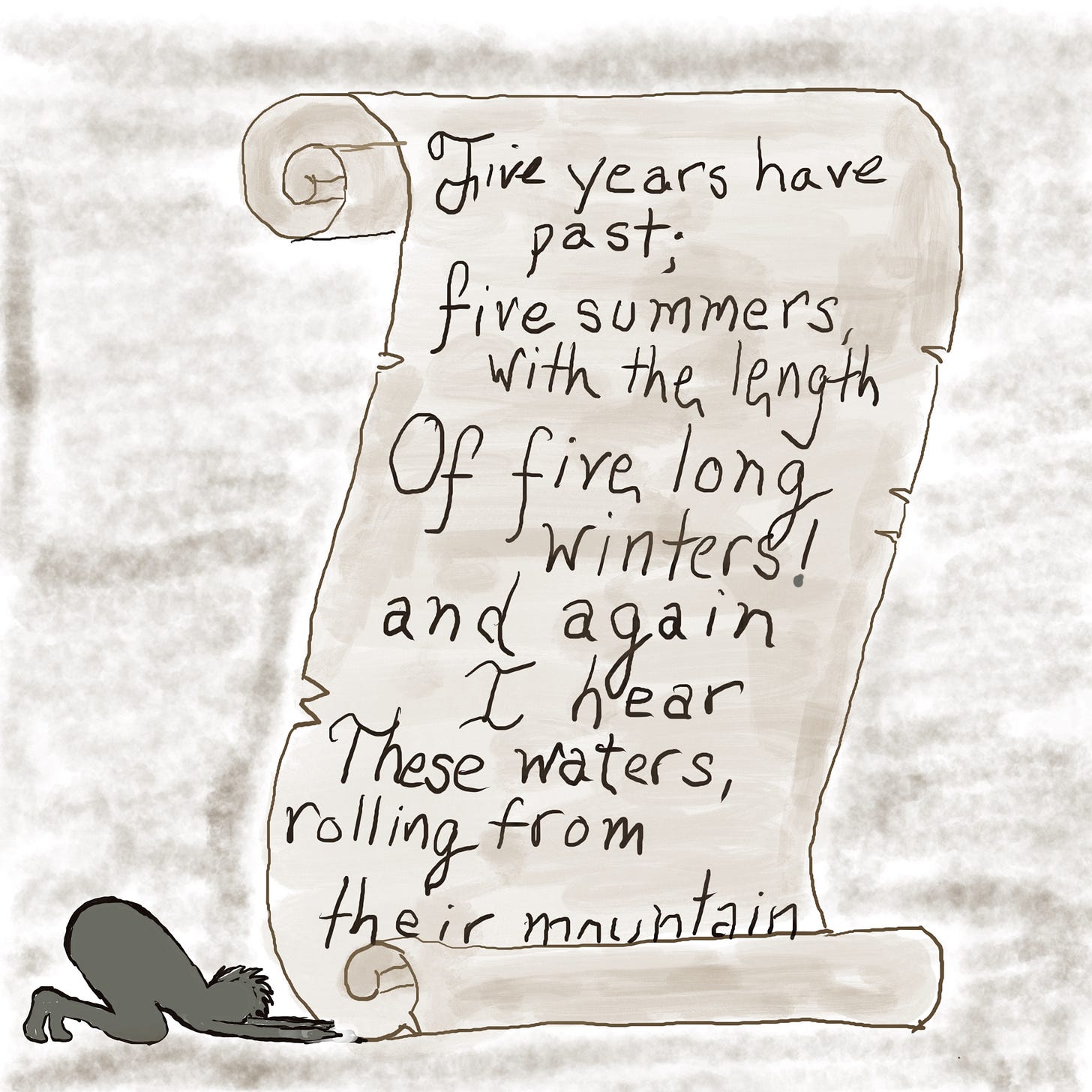

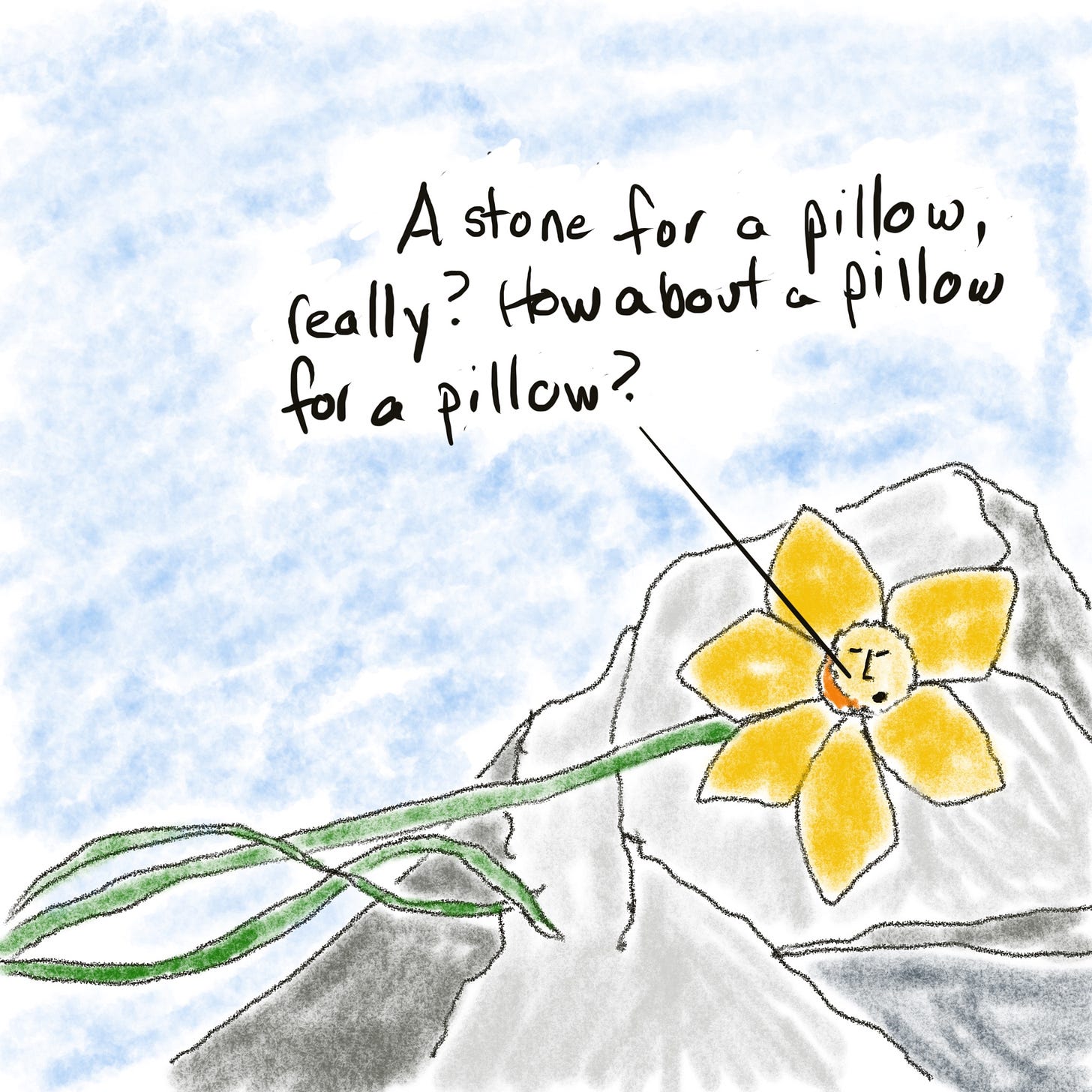
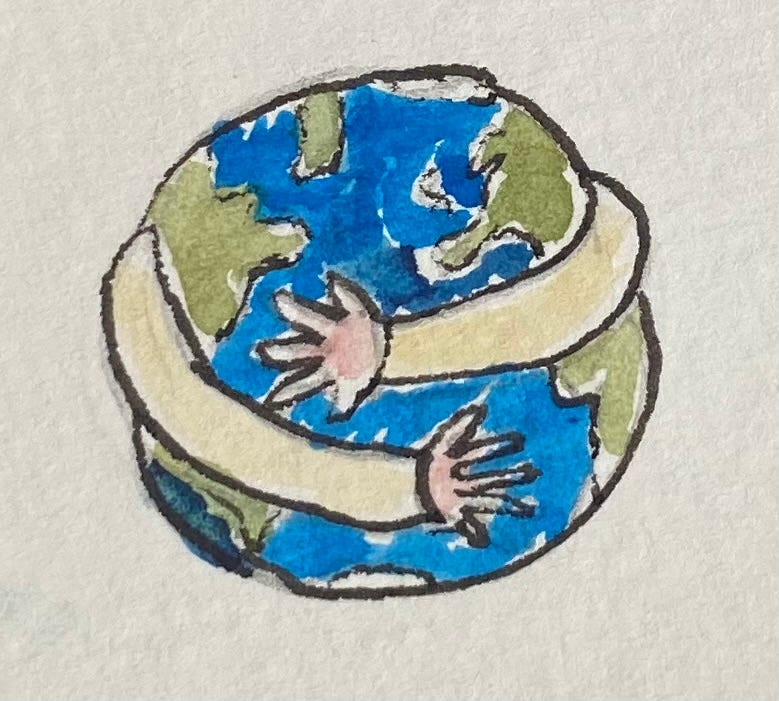

This could be the start of a Period Soap Opera. Verily, verily!